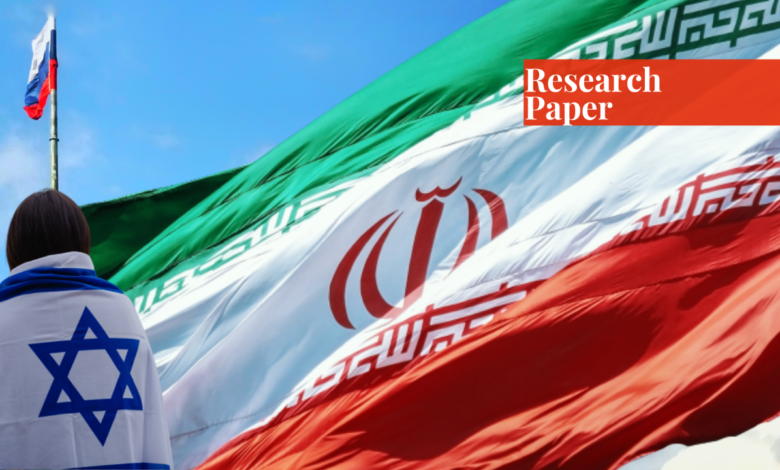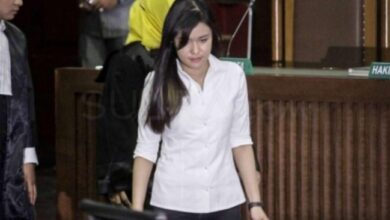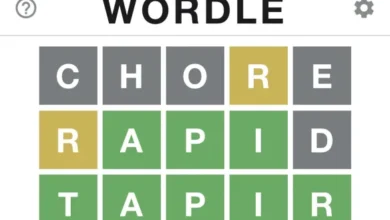Iran Israel: An In-Depth Overview of the Relationship, Challenges, and Possibilities for Peace

Introduction
The relationship between Iran and Israel is one of the most complex and tense in the Middle East. Both countries, each with its own unique culture, history, and influence, have long been at odds due to differing political, religious, and strategic interests. This article will take a deep dive into the relationship between iran israel analyzing the historical background, the current conflicts, and the potential pathways to peace. By understanding this intricate topic, we can gain insight into one of the most significant issues impacting global peace and stability today.
Historical Background
The story of iran israel dates back centuries, with both civilizations having rich histories and strong cultural identities. However, their modern-day relationship began after the creation of Israel in 1948. Initially, Iran and Israel enjoyed a period of cooperation. Under the rule of Shah Mohammad Reza Pahlavi, Iran recognized Israel and established economic and military ties with the country. This friendly relationship continued for several decades.
The Shift After the 1979 Iranian Revolution
The dynamics between Iran and Israel changed dramatically following Iran’s 1979 Islamic Revolution. The new Iranian government, led by Ayatollah Khomeini, adopted an anti-Western stance and rejected Israel’s right to exist. Since then, iran israel have been in a state of tension, with Iran supporting groups opposed to Israel, such as Hezbollah and Hamas.
- Pre-1979: Cooperation and mutual recognition.
- Post-1979: Hostility and opposition due to ideological differences.
This shift in policy by Iran set the stage for decades of animosity that have continued to affect both countries.
Religious and Ideological Differences
Religion and ideology play a major role in the relationship betweeniran israel. Iran is an Islamic Republic that follows the Shia branch of Islam, while Israel is a Jewish state. These religious differences have shaped the ideologies and policies of both nations.
The Role of Religion in Politics
- Iran’s Religious Leadership: In Iran, the Supreme Leader and religious institutions hold significant political power. This leadership strongly opposes Zionism and has promoted a narrative that is critical of Israel.
- Israel’s Identity as a Jewish State: Israel was established as a homeland for Jewish people, and this identity is central to its policies and relationships with other countries.
These ideological differences are amplified by Iran’s opposition to Zionism, which it sees as a form of Western imperialism.
Key Conflicts and Disputes
Several issues have contributed to the ongoing hostility between iran israel. The core conflicts include support for opposing factions, territorial disputes, and influence over regional politics.
- Iran’s Support for Anti-Israel Groups
Iran provides financial and military support to groups such as Hezbollah in Lebanon and Hamas in the Palestinian territories. These groups have opposed Israel through both political and military means, further straining iran israel relations.
- Proxy Wars in the Middle East
Iran and Israel have engaged in what many experts describe as a “proxy war” across the Middle East. This includes Iranian support for Assad’s government in Syria, where Israel has conducted airstrikes against Iranian targets. These indirect confrontations have led to escalated tensions.
- Disputes Over Regional Influence
Bothiran israel seek to expand their influence in the Middle East. Israel has developed alliances with some Arab states, while Iran aims to strengthen its position through regional partnerships. This rivalry contributes to the broader political conflict between the two countries.
Nuclear Program Concerns
One of the most contentious issues between iran israel is Iran’s nuclear program. Israel views a nuclear-armed Iran as an existential threat, given Iran’s hostile stance toward Israel. This has led to international efforts to monitor and limit Iran’s nuclear activities.
The Joint Comprehensive Plan of Action (JCPOA)
In 2015, Iran agreed to the Joint Comprehensive Plan of Action (JCPOA), also known as the Iran nuclear deal. This agreement aimed to restrict Iran’s nuclear capabilities in exchange for lifting economic sanctions. However, Israel opposed the deal, viewing it as insufficient to prevent Iran from potentially developing atomic weapons.
- Israel’s Perspective: The JCPOA does not eliminate the possibility of Iran developing nuclear capabilities in the future.
- Iran’s Perspective: Iran insists its nuclear program is for peaceful purposes, such as energy production.
The nuclear issue remains a major factor in iran israel tensions, with both countries wary of each other’s intentions.
International Involvement
The conflict between Iran and Israel is not limited to these two nations; it has drawn the attention of major global powers, including the United States, Russia, and the European Union.
United States Role
The U.S. has been a staunch ally of Israel and has often implemented sanctions against Iran. This support has influenced the dynamics between iran israel.
- Support for Israel: The U.S. provides Israel with significant military and economic aid.
- Sanctions on Iran: The U.S. has imposed sanctions to curb Iran’s nuclear activities and limit its influence in the Middle East.
Other Global Powers
Countries like Russia and China have also played a role in the iran israel relationship. Russia, for example, has supported Iran’s position in Syria, while the European Union has attempted to mediate peace efforts through diplomacy and economic initiatives.
Efforts Towards Peace
Despite the longstanding hostility, there have been various efforts to bring iran israel to the negotiating table and establish peace in the region. These efforts include diplomatic negotiations, international agreements, and grassroots peace initiatives.
Diplomatic Initiatives
- United Nations Peace Efforts: The UN has frequently called for peaceful resolutions to Middle Eastern conflicts and has urged both iran israel to pursue diplomatic channels.
- Track II Diplomacy: Informal discussions between influential citizens and former officials from both nations aim to promote understanding and reduce tensions.
Regional Peace Agreements
The recent Abraham Accords, which established normalized relations between Israel and several Arab nations, have demonstrated that peace is possible in the region. Though Iran was not part of this agreement, the accords provide a potential pathway for similar future contracts involving iran israel.
Challenges to Peace
Achieving peace betweeniran israel remains challenging due to deep-seated mistrust, ideological differences, and external pressures. Some of the key obstacles include:
- Political Leadership: The hardline leadership in both countries makes it difficult to find common ground.
- Proxy Conflicts: Ongoing support for opposing groups, such as Hezbollah, complicates efforts toward peace.
- Nuclear Ambitions: Iran’s nuclear program continues to be a major source of tension.
These challenges, though significant, are not insurmountable. Building trust, fostering dialogue, and encouraging cooperation can pave the way toward a peaceful future.
Conclusion
The relationship between iran israel is a complex and multifaceted issue rooted in decades of history, religious ideologies, and strategic conflicts. While both countries have faced significant challenges, there is potential for progress if both nations and the international community commit to peace and understanding. Efforts such as diplomatic negotiations, peace agreements, and international mediation provide hope that iran israel may one day overcome their differences.
Through continued engagement, dialogue, and cooperation, there is an optimistic possibility foriran israel to move toward a peaceful coexistence, benefitting not only their people but also contributing to broader regional and global stability.
You may also read





